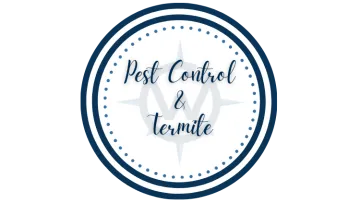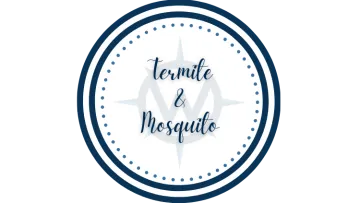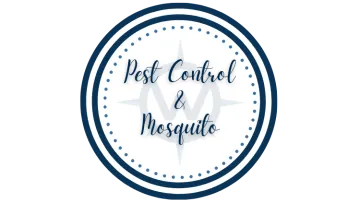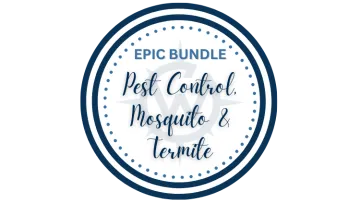Bats
Bats
Bats play a crucial role in the ecosystem by contributing to pest control through their voracious appetite for insects. With diverse species inhabiting the southeastern region, including the Brazilian free-tailed bat and the Eastern red bat, these nocturnal mammals contribute to maintaining a balance in insect populations. While bats are beneficial for natural pest control, they sometimes seek shelter in homes or structures, presenting challenges for homeowners.
Windward Pest Services recognizes the importance of coexisting with these valuable creatures while ensuring a harmonious living environment. Our professional services address any concerns related to bats in homes, offering humane and effective solutions to safely manage their presence and prevent potential conflicts. With a commitment to both environmental conservation and homeowners' peace of mind, Windward Pest Services stands ready to provide expert assistance in navigating bat-related challenges in the Southeast.
Types of Bats
The Southeastern United States is home to a diverse array of bat species, each contributing to the region's ecological balance. Among the notable species are the Brazilian free-tailed bat (Tadarida brasiliensis), recognized for its migratory patterns and efficient insect control, and the Eastern red bat (Lasiurus borealis), distinguished by its reddish fur and tree-roosting habits.
Additionally, the Southeast hosts various insect-eating bats that thrive in the warm and humid climate, playing a crucial role in keeping insect populations in check. The silver-haired bat (Lasionycteris noctivagans) and the big brown bat (Eptesicus fuscus) are also commonly found in the region. This rich diversity of bat species underscores their importance in natural pest control and highlights the need for responsible coexistence and conservation efforts in the region.
Big Brown Bat
(Eptesicus Fuscus)
A widespread species, the big brown bat is adaptable and commonly inhabits urban areas, contributing to pest control.
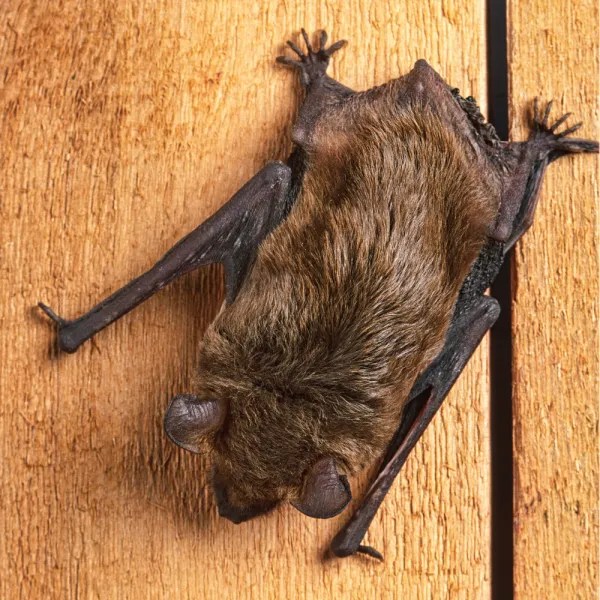
Brazilian Free-Tailed Bat
(Tadarida Brasiliensis)
Known for its distinctive free-tailed appearance and impressive aerial acrobatics, this migratory bat is common in the Southeast.
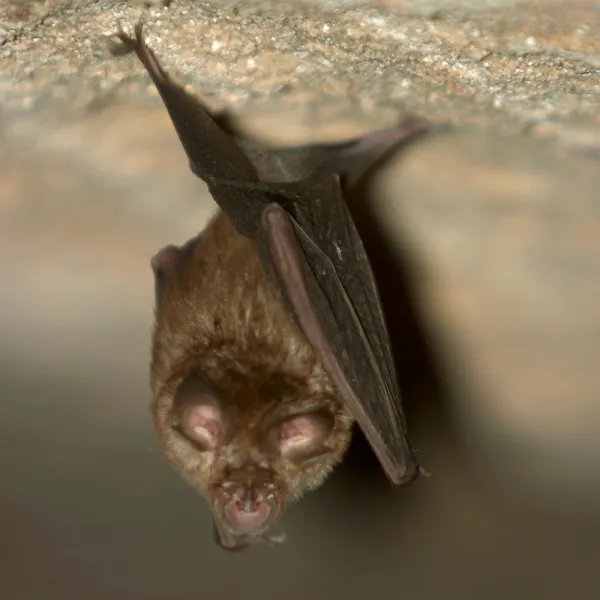
Eastern Red Bat
(Lasiurus Borealis)
Recognized by its striking red fur, the Eastern red bat is often found roosting in trees and is adapted to the region's diverse landscapes.
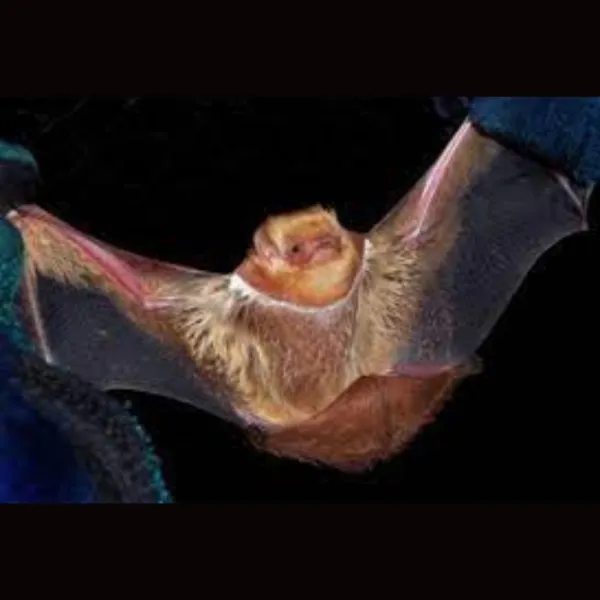
Northern Yellow Bat
(Lasiurus Intermedius)
With its yellowish fur, this bat species is known for roosting in trees and is found in the Southeastern United States.
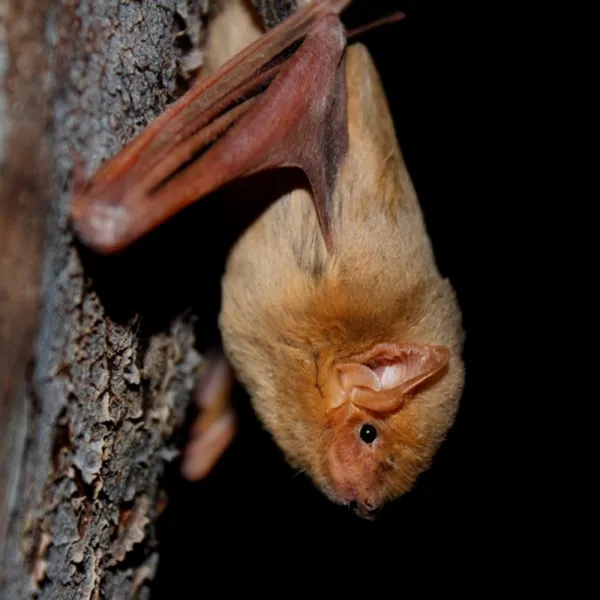
Rafinesque's Big-Eared Bat
(Corynorhinus Rafinesquii)
Named for its distinctive large ears, this bat species is found in wooded areas and caves throughout the Southeast.
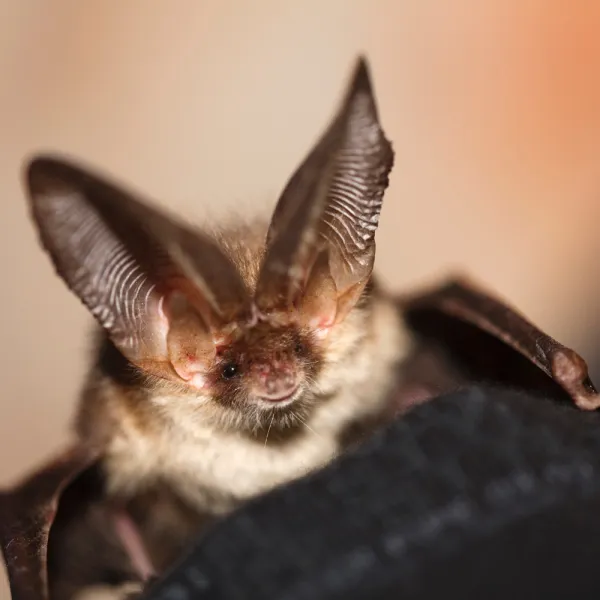
Silver-Haired Bat
(Lasionycteris Noctivagans)
Identified by its silver-tipped fur, this bat species is known for its solitary habits and preference for forested environments.
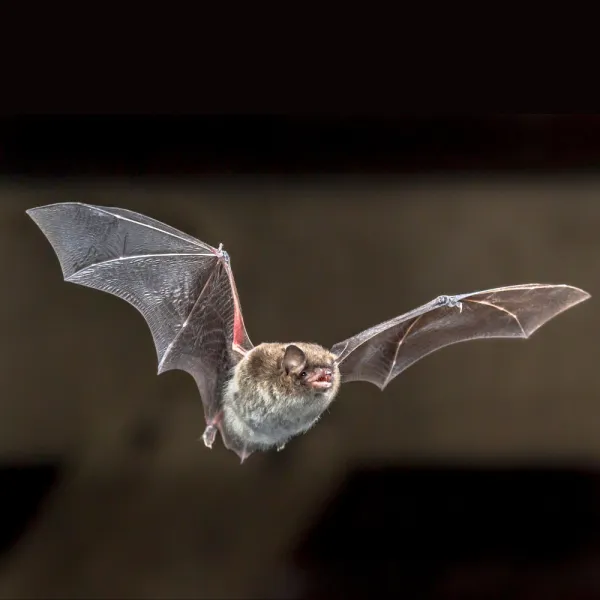
Southeastern Myotis
(Myotis Austroriparius)
This smaller bat species is native to the southeastern United States and is often found near water sources.
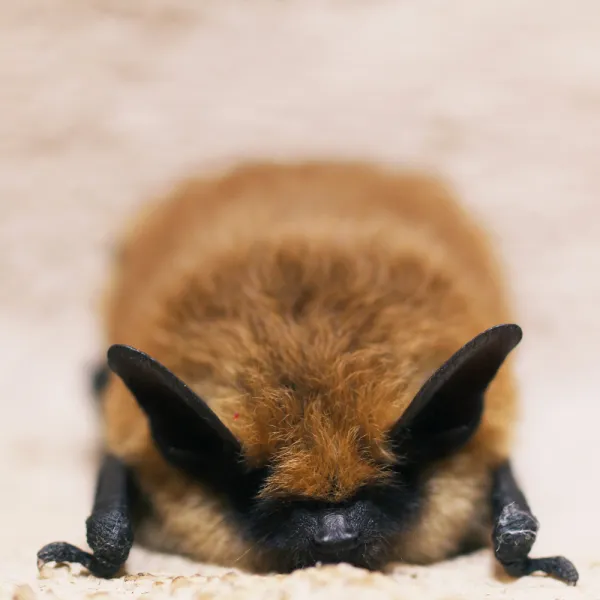
Tricolored Bat
(Perimyotis Subflavus)
Recognizable by its three-toned fur, the tricolored bat is found in various habitats, including forests and wetlands.
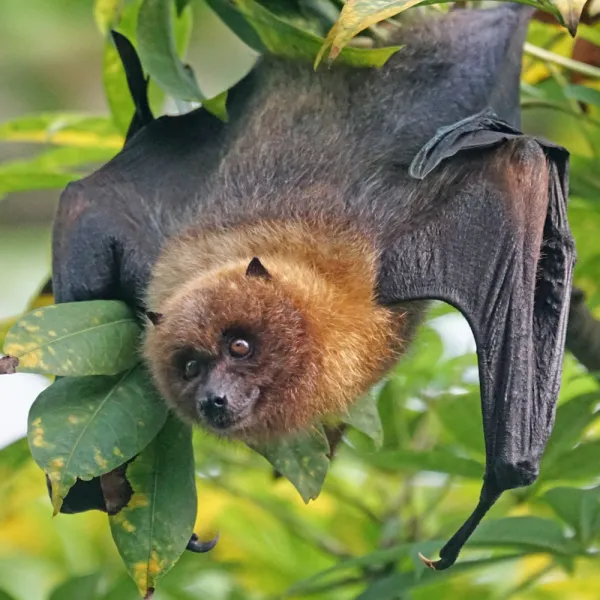
Bundle Packages Available!
Discover the convenience and cost-effectiveness of Windward Pest Services' comprehensive pest control bundles. We prioritize delivering epic service and substantial savings to our cherished clients.
Take advantage of the chance to learn more about our referral program! Connect with Us!
Decades
Of Experience
Dozens
Of Customer Service Awards
Thousands
of Online Reviews
Frequently Asked Questions
Q What types of bats are commonly found in the Southeastern United States?
Common species include the Brazilian free-tailed bat, Eastern red bat, and various other insect-eating bats.
Q Why are bats beneficial in the Southeast?
Bats contribute to natural pest control by consuming large quantities of insects, helping to maintain ecological balance.
Q Are bats in the Southeast harmful to humans?
Generally, bats are not harmful, but their presence in homes can lead to challenges; professional assistance ensures proper management.
Q How can I identify bat infestations in my home?
Signs include droppings (guano), squeaking sounds, and visible bat entry points; a professional inspection can confirm infestations.
Q Are bats protected, and how can I legally address bat issues?
Bats are protected species; Windward Pest Services follows legal and humane practices to manage bat presence responsibly.
Q What health risks do bats pose, and how can they be mitigated?
While bats themselves are not harmful, guano can pose health risks; professional removal ensures safe and thorough cleanup.
Q How can Windward Pest Services assist with bat-related issues?
We provide expert bat removal services, addressing infestations and implementing preventive measures to avoid future problems.
Q Can bats be relocated without harm?
Windward Pest Services employs humane methods to safely relocate bats, ensuring their well-being and preventing further conflicts.
Q What steps can homeowners take to prevent bat entry into homes?
Sealing entry points, maintaining screens, and addressing potential roosting sites can help prevent bats from entering homes.
Q How quickly can Windward Pest Services respond to bat-related concerns?
We prioritize prompt service, aiming to address bat issues swiftly and efficiently to minimize any potential disruptions for homeowners in the Southeast.

